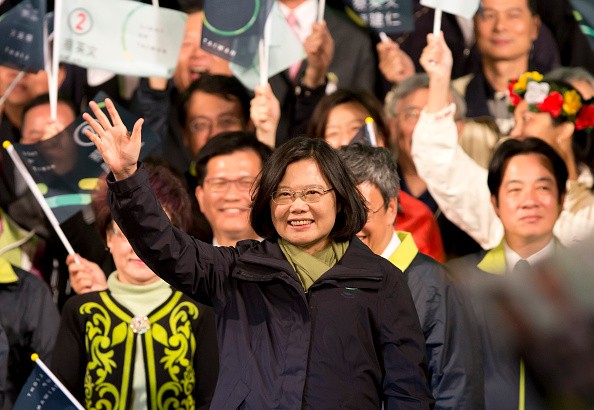With the decline of Chinese visitors to Taiwan, China and the self-ruled island have been playing the blaming game, adding tourism as another point of contention between the two governments, Reuters reported.
The two nations have been trading accusations on various issues since Taiwan's pro-independence opposition took over the island's January elections.
China has been openly stating its dislike of incoming President Tsai Ing-wen as well as her Democratic Progressive Party (DPP), which is a staunch advocate of independence.
According to Taiwan's Tourism Bureau, the number of Chinese tourists who visited the island last year reached 4.2 million. The figure slipped by 10 percent to 363,878 in March.
Various companies who service the visitors, including bus firms that offer shuttle tour groups, revealed that "they are feeling the pinch.
Lu Shiao-ya, head of the National Joint Association of Tourist Buses, noted that during this period in 2015, Chinese tourists took around 4,000 tour buses a month. However, the statistic only averaged 2,800 this year.
"China is using its tourists as a bargaining chip against Taiwan's new government," he said.
Many fear that China could make a further decline on tourist numbers if Tsai's upcoming inauguration speech would upset Beijing. Tsai is scheduled to assume office on May 20.
Until now, China claims Taiwan as its territory "after the defeated Nationalists fled there at the end of the civil war in 1949," Reuters said.
For Tung Chen-yuan, spokesman for Taiwan's upcoming government, "this kind of political interference would only result in hurt feelings for people on either side of the Taiwan Strait."
With this news, the island's industry has been feeling nervous. Golden Kou, vice president of EVA Airways, Taiwan's second biggest carrier, shared, "Everyone is waiting to see how China will react to the inauguration speech."
At least two tour agents have also revealed that they were instructed to restrict the number of tourists they send to Taiwan since the polls.
"The National Tourism Administration told us in February and March to cut the number of tourists we send to Taiwan," an agent from Xiamen City told Reuters. "From Xiamen the number of tourists has fallen sharply, down more than 50 percent."
Another source who has knowledge on China's Taiwan tourism policy shared that there had been "technical problems in some provinces." For instance, in Henan, the application forms for Taiwan tourist permits had run out.
The Taiwan Affairs Office and the concerned office at the China National Tourism Administration declined to comment.
Meanwhile, the Communist Party's official People's Daily stated that the cause of the decline in tourist number is the island's "fiddling with the quota system."




























